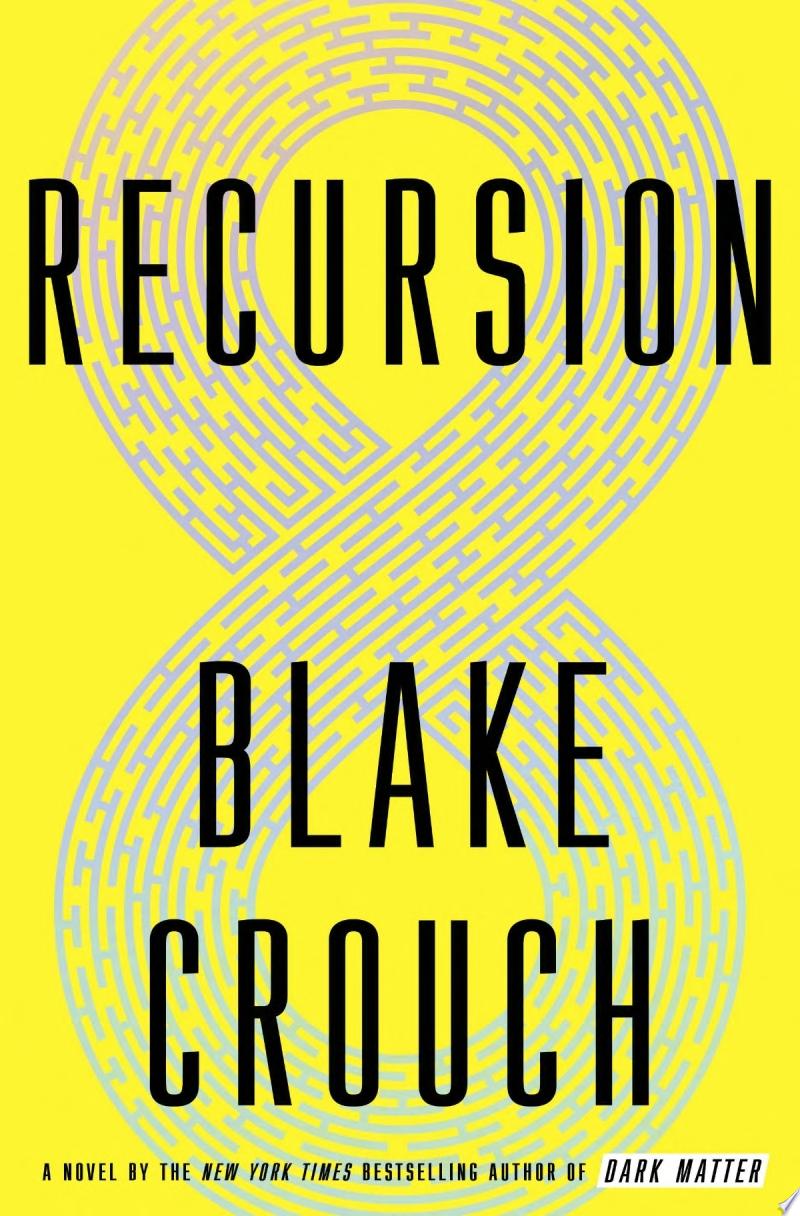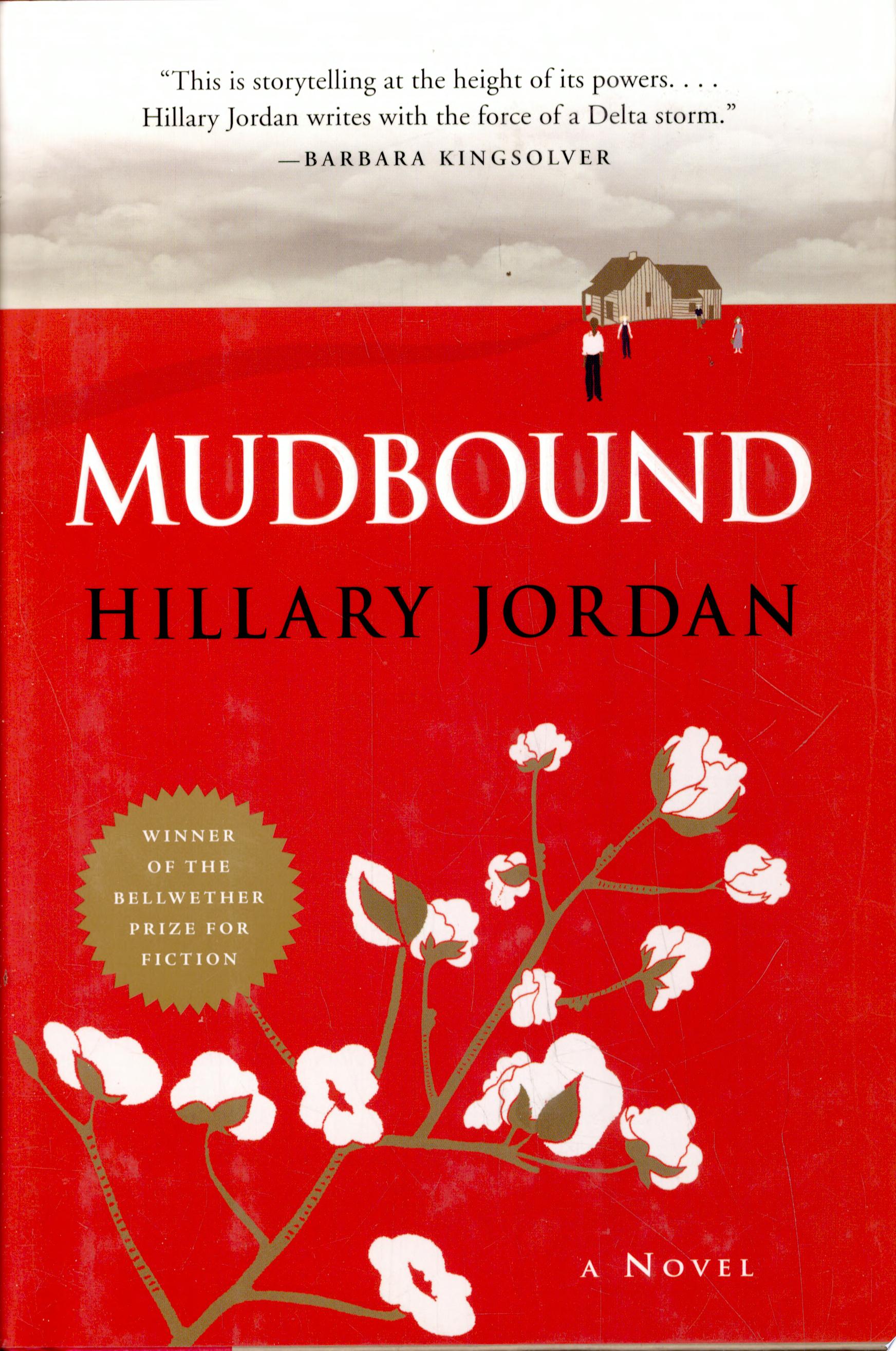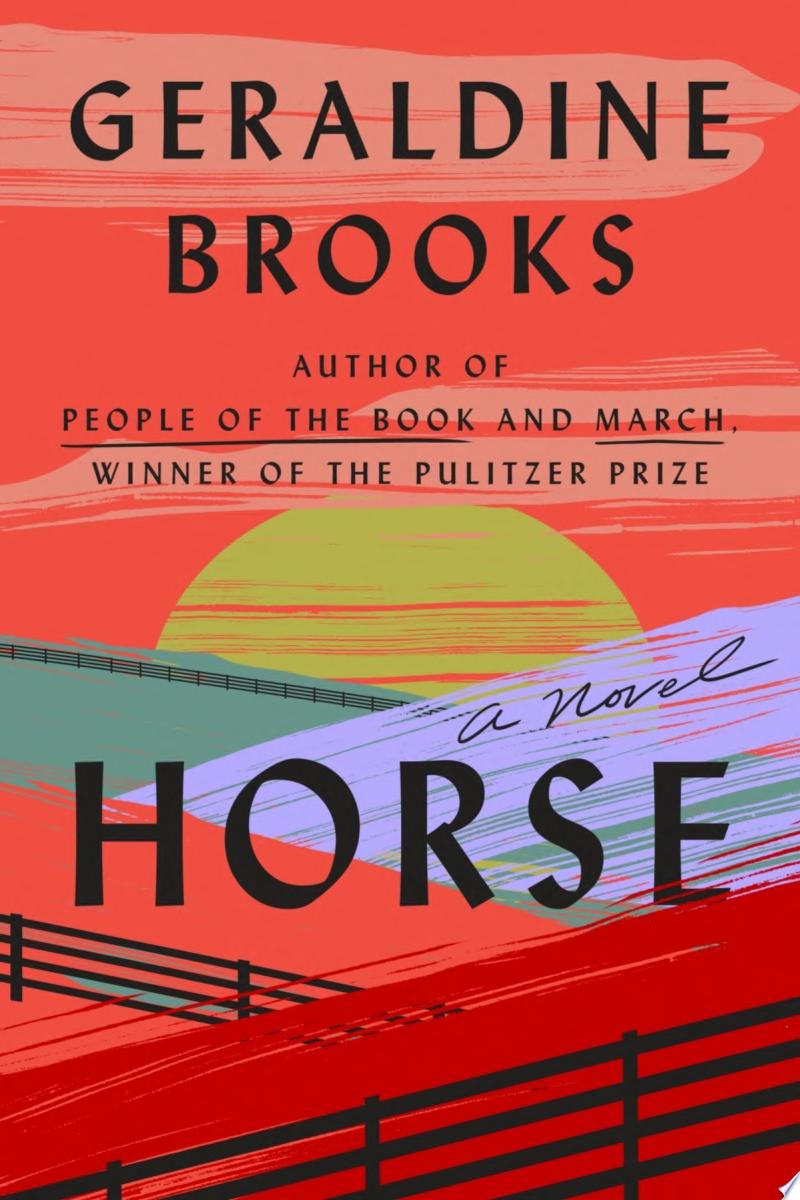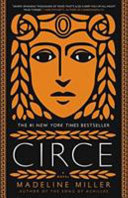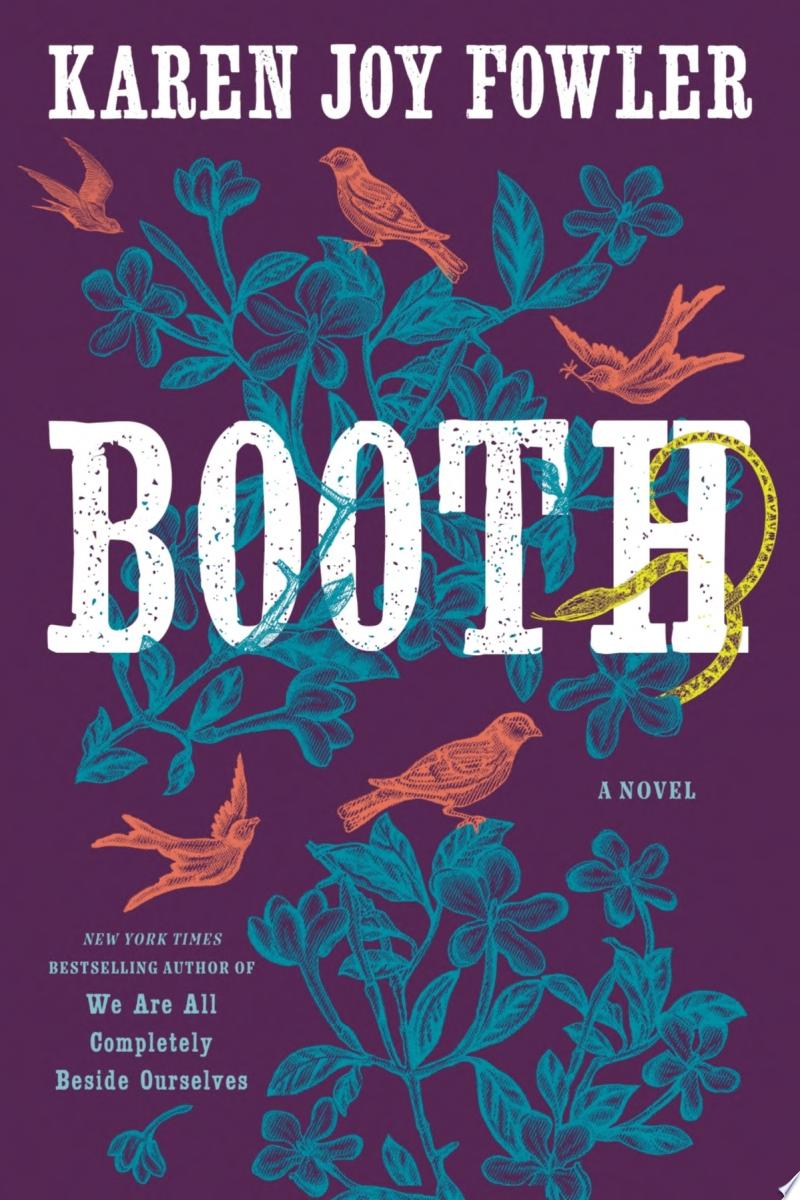Sula
Toni Morrison
Toni Morrison's first novel, The Bluest Eye (1970), was acclaimed as the work of an important talent, written--as John Leonard said in "The New York Times" --in a prose "so precise, so faithful to speech and so charged with pain and wonder that the novel becomes poetry."
Her new novel has the same power, the same beauty.
At its center--a friendship between two women, a friendship whose intensity first sustains, then injures. Sula and Nel--both black, both smart, both poor, raised in a small Ohio town--meet when they are twelve, wishbone thin and dreaming of princes.
Through their girlhood years they share everything--perceptions, judgments, yearnings, secrets, even crime--until Sula gets out, out of the Bottom, the hilltop neighborhood where beneath the sporting life of the men hanging around the place in headrags and soft felt hats there hides a fierce resentment at failed crops, lost jobs, thieving insurance men, bug-ridden flour...at the invisible line that cannot be overstepped.
Sula leaps it and roams the cities of America for ten years. Then she returns to the town, to her friend. But Nel is a wife now, settled with her man and her three children. She belongs. She accommodates to the Bottom, where you avoid the hand of God by getting in it, by staying "upright, " helping out at church suppers, asking after folks--where you deal with evil by surviving it.
Not Sula. As willing to feel pain as to give pain, she can never accommodate. Nel can't understand her any more, and the others never did. Sula scares them. Mention her now, and they recall that she put her grandma in an old folks' home (the old lady who let a train take her leg for the insurance)...that a childdrowned in the river years ago...that there was a plague of robins when she first returned...
In clear, dark, resonant language, Toni Morrison brilliantly evokes not only a bond between two lives, but the harsh, loveless, ultimately mad world in which that bond is destroyed, the world of the Bottom and its people, through forty years, up to the time of their bewildered realization that even more than they feared Sula, their pariah, they needed her.



